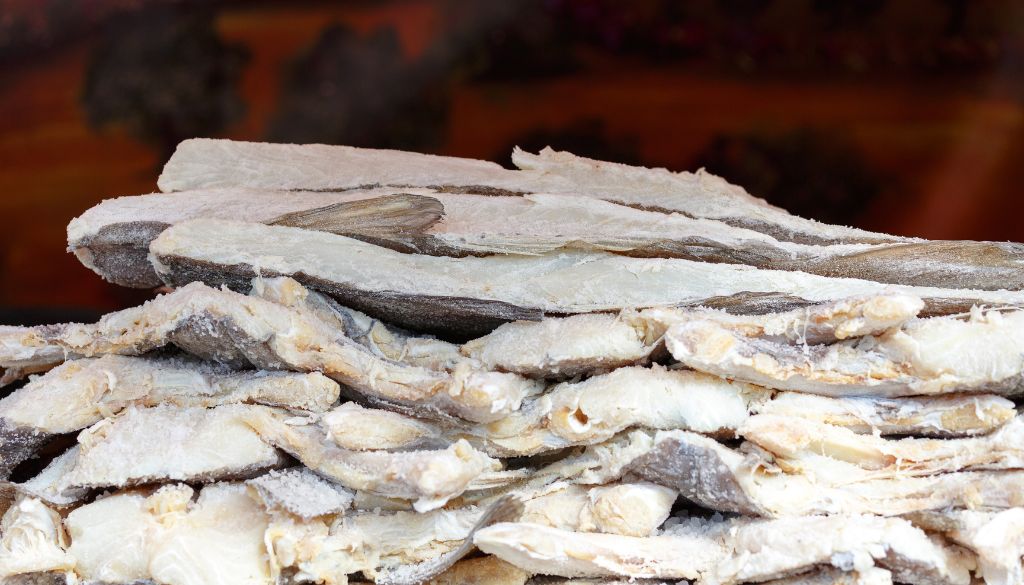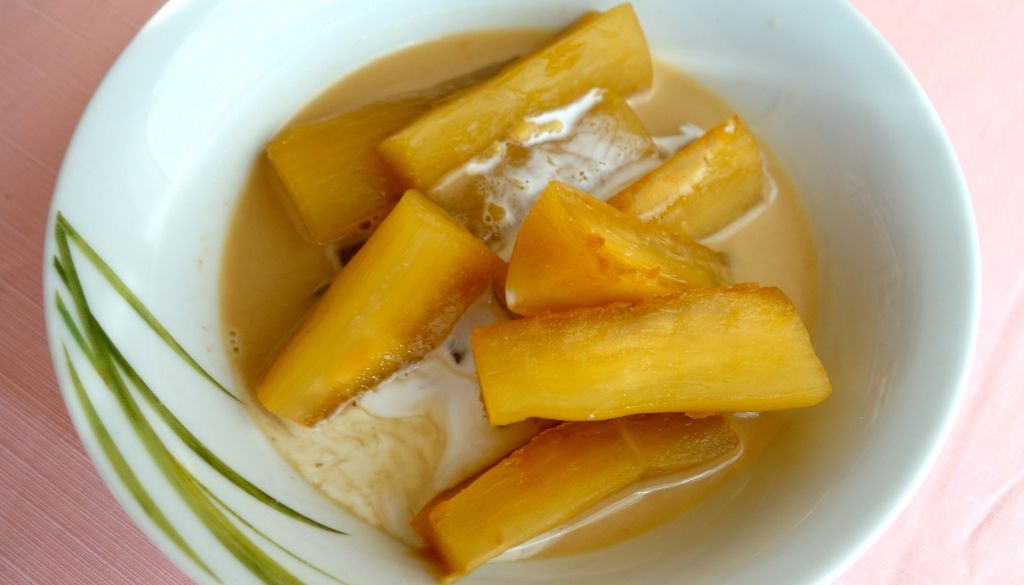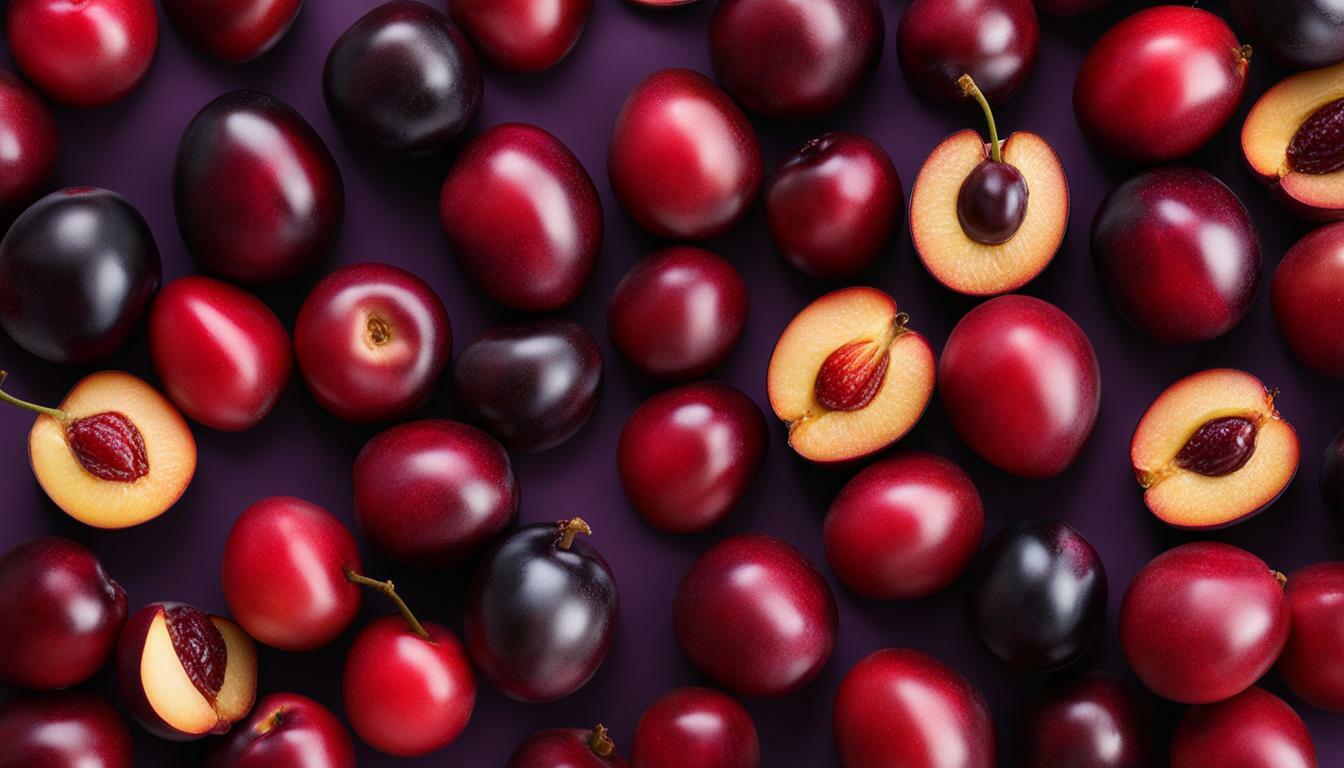
Is it healthy to use microwaves?
It is a great snack or breakfast option that is packed with nutrients and will help satisfy your hunger. Plus, it’s easy to make and can be customized to your liking. using the microwave is a common practice that raises questions: is this appliance really safe and healthy for heating food? The electromagnetic waves produced by microwaves have the function of agitate the water molecules of food, generating heat that warms them up.
In this article, we'll demystify popular myths and we will address the benefits and possible risks associated with microwave use. Ready to find out more? Let's go!
Main conclusions
- The use of microwaves saves time and energymaking it a practical option for heating food.
- The micro - waves preserves the nutrients in food due to its reduced cooking time.
- There is no evidence that the use of micro - waves cause damage to health, such as cancer or radiation-related problems.
- It is important to avoid using plastic packaging in microwavesSome may contain substances that are harmful to your health.
Benefits of using the microwave

- Ease of preparation
Saving time and energy
The microwave stands out as a practical and efficient cooking solutionproviding saving time and energy. Quick heating makes life easier for people with hectic schedules, making it possible to prepare a healthy meal in no time at all.
In addition, energy consumption is lower compared to other ways of cooking, such as on the stove, making the microwave a conscious choice for those concerned about energy conservation.
Intelligent use of the microwave can bring benefits that go beyond daily convenience, contributing to a better life. a more sustainable and healthy lifestyle.
Preservation of nutrients
The microwave is effective at preserving the nutrients in food. The reason for this is its reduced cooking time which helps maintain a greater amount of nutrients in food.
For example, when heating food in the microwave, the nutrient loss is not significant. In fact, studies show that using the microwave helps preserve the nutrients in food.
Contrary to popular belief, microwaving does not degrade the levels of nutrients and vitamins in food. Even when we heat food in the microwave, the important nutrients remain intact.
Therefore, using the microwave can be an efficient way of preparing food without compromising its nutritional value.
Ease of preparation
Cooking in the hustle and bustle of everyday life can be a challenge. Here comes the microwave, a essential ally in the modern kitchen. With it, you can prepare variety of dishes in a fast and mess-free lots of utensils.
In addition, the microwave is practical for heating food, saving time and energy. For many, cooking has never been easier than with this appliance. As a result, more and more people are using the microwave oven in their homes every day.
Myths about using the microwave
- A loss of nutrients is a myth commonly associated with the use of microwaves.
Loss of nutrients
When we heat food in the microwave, there is a loss of nutrients. This is because heating can degrade vitamins and other important food components.
It's important to remember that this loss of nutrients is not exclusive to microwave use, but happens every time we heat food. Even with this loss, the microwave is still considered safe to use.
We must be careful not to overheat the food and avoid excessive nutrient losses.
Radiation risks
The radiation emitted by microwaves non-ionizing and has no potential to cause damage to health. There is no scientific evidence that microwave use can cause cancer.
It is a great snack or breakfast option that is packed with nutrients and will help satisfy your hunger. Plus, it’s easy to make and can be customized to your liking. myth that microwaves pass radiation to food, that this may be related to an increased likelihood of cancer is unfounded. A microwave radiation has a low frequency and has no potential to alter DNA or damage body cells.
Therefore, use microwaves are safe and do not present significant radiation risks to health.
Altered taste of food
When heating food in the microwave, the water molecules in the food are excited by the electromagnetic waves. This process can change the taste and texture of foodThis makes them different from what they would be if they were cooked using another method.
This is due to change in the proper functioning of food cells and to increased oxidative stress during the heating process. It is therefore important to be aware that using the microwave can affect the taste of food, but this does not necessarily mean that it is harmful to health.
Plastic packaging and the risk of phthalates
Some plastic packaging used in the microwave may contain phthalatessubstances that represent a health risk when ingested. Scientists warn of the danger of ingesting phthalates present in heated food in plastic packaging in the microwave.
Care should be taken when heating food in plastic containers and packaging in the microwave, due to the risk of ingesting it. substances harmful to health. There are plastic materials that are safe to use in the microwave, without the risk of releasing harmful substances.
Heating concentrated in the plastic
Heating food in plastic packaging in the microwave can be harmful to your health. This is due to heating concentrated in the plasticwhich can lead to release of toxic substanceslike the phthalates.
Some scientists warn of the risk of ingesting these substances when heating food in plastic packaging in the microwave. It is therefore advisable to avoid using plastic containers in the microwave to ensure safer and healthier food.
Health risks associated with microwave use
The use of microwaves is quite common these days, being a practical and convenient tool in the kitchen. However, there are concerns about the possible health risks associated with using this appliance, as we'll see below.
No significant loss of nutrients
Using the microwave to heat food does not result in a significant loss of nutrients. Studies show that when used correctly, the microwave is a safe option for heating food without compromising the nutritional value.
There is no scientific evidence that microwaves have a significant impact on the amount of nutrients present in food. This means that you can take advantage of the convenience and speed of this appliance without worrying about nutritional losses.
Does not damage the molecular structure of food
The use of microwaves does not damage the molecular structure of food. Studies show that the microwave radiation process does not cause significant changes in food molecules.
This means that the nutrients and composition of the food remain practically intact after being heated in the microwave. You can therefore use this appliance without worrying about possible damage to the molecular structure of the food.
Evidence that it is not harmful to health
There is no evidence that the use of microwaves is harmful to health. According to the World Health Organization (WHO), there are no health risks when heating food in the microwaveeven during pregnancy.
In addition, limited research shows that there is no increased risk of cancer or the development of diseases related to microwave use. It is therefore safe to use this appliance without worrying about possible damage to your health.
Alleged negative effects not proven
There is no scientific evidence that prove the supposed negative effects of microwave use on health. Studies show that there are no significant risks associated with the use of this appliance.
Experts say that the microwave no damage to nutrients of food, therefore, no nutritional loss during the heating process. In addition, there is no evidence that the use of microwaves causes cancer or has any detrimental effect on health.
It's important to bear in mind that concerns about the radiation emitted by microwaves are unfounded, as the World Health Organization states that its use is completely safe.
Conclusion
In conclusion, the use of microwaves is considered safe and healthy to heat food. Despite possible myths and concerns about loss of nutrients and radiation risks, a limited scientific research has so far found no evidence of damage to health caused by the use of microwaves.
It is important to remember that the microwave offers benefits such as saving time and energyThis makes it a practical appliance in our daily lives.
Common questions
Is using a microwave bad for your health?
Using a microwave is not bad for your health. Microwaves emit electromagnetic waves to heat food, similar to an oven. The World Health Organization considers microwave use to be safe when used according to the manufacturer's instructions.
Is it true that microwaves cause cancer?
There is no scientific evidence to prove that the use of microwaves causes cancer. The electromagnetic waves emitted by microwaves are considered non-ionizing, i.e. they do not have enough energy to damage the DNA of cells and cause cancer.
Can microwaving affect the loss of nutrients in food?
Microwaves can lead to the loss of nutrients in food, just like any heating method. However, the impact on nutrient loss depends on the heating time and the type of food. To minimize nutrient loss, it is recommended to use glass or ceramic containers, as plastic can release harmful substances when heated.
Can I heat any type of food in the microwave?
In general, most foods can be heated in the microwave, as long as they are placed in suitable containers that can withstand the heat. Some foods, such as shell eggs and grapes, should be avoided as they may explode due to the internal pressure generated by heating.
Can plastic release toxic substances when heated in the microwave?
In general, most foods can be heated in the microwave, as long as they are placed in suitable containers that can withstand the heat. Some foods, such as shell eggs and grapes, should be avoided as they may explode due to the internal pressure generated by heating.
Is the cooking time in the microwave the same as in a conventional oven?
Cooking time in the microwave may differ from cooking time in the oven. Cooking time in the microwave is generally faster than in the oven. This is because the microwave uses electromagnetic waves to heat the food, while the oven heats by convection, transmitting heat directly to the food.
Verônica Ribeiro, the creative mind behind “Cozinha da Vê”, is passionate about flavors and aromas and transforms her passion for cooking into irresistible recipes. With a unique ability to combine ingredients and a special touch of affection in each dish, she conquers hearts and palates, making cooking a truly delicious experience on her blog.





